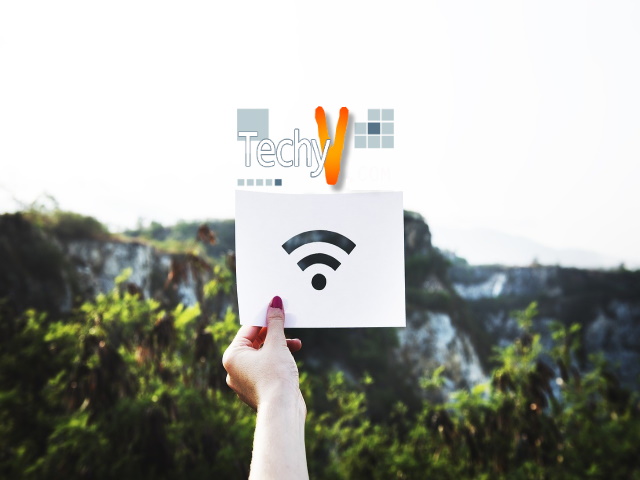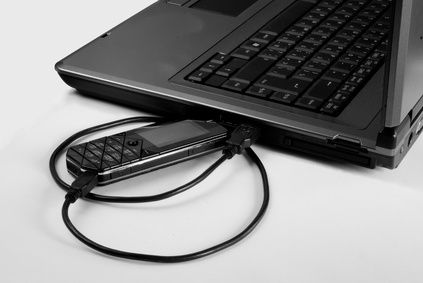In the United States alone, a crime is committed every 3.5 seconds. As the world is evolving, crimes don’t solely happen on the streets. Crimes also occur online. And sometimes, those crimes often go unresolved because of the complexity involved with it.
If you’re not careful enough when you’re on the internet, then you can be a victim of a crime without even knowing it. There are lots of terrible stories online about people getting notices for something they didn’t do. Tales of ATM cards being zeroed out, credit cards becoming unusable, identity theft, and so on.
On the internet, a lot of things can happen. You can order clothes, sell food, post pictures, play games, watch movies, etc. With the internet, you name it; you got it. Although the internet brings ease and positivist for some, sadly, most also use it as a tool to commit a crime.
Although most hackers rarely participate in illegal activities, some commit crimes that come with massive implications. These acts done by rogue hackers are the reason why the word “hacker” sounds so negative. For a skilled criminal to get access to your data, all it takes are a few simple mistakes and an unsecured connection.
Most of the time, people often connect to public WiFi as a way to save on bills. They also think that free WiFi is more convenient. However, since public WiFi is, well, public, a lot of users can get on it and discreetly target unsuspecting people. Sound horrible? Here are few more causes why you shouldn’t connect to public WiFi:
ISP and Government Involvements
A local, or your Internet Service Provider or ISP can sometimes unlawfully check your activity through a public network. These bits of data can be used against you if you’re suspected of a crime (whether you did it or not). This is particularly true if you’re in a country that belongs to the five eyes, nine eyes, or fourteen eyes.
The countries that belong to these so-called eyes are Australia, Canada, New Zealand, the United Kingdom, and the United States. Other participants that complete the fourteen eyes are Denmark, Netherlands, Norway, France, Spain, Belgium, Germany, Italy, and Sweden.
All these countries have a binding agreement to cooperate and legally access information from their citizens without consent. These data can be used for intelligence, counter-terrorism, Interpol, etc. As an honest citizen of one of these countries, you wouldn’t want to be involved in some deep level intelligence ring.
If you must use public Wi-Fi for anything, you can always check out the sites that list down the Best VPN 2019. A VPN or a virtual private network blankets your connection and makes it untraceable.
Although it’s not foolproof, breaking the intricate encryption methods involved with VPNs can be very time consuming and expensive. Unless you’re a high-level target for the government, then you’re not worth spending the time and resources. Just to be safe, always use a VPN if you’re in doubt.
Most Public WiFi’s are unsecured
As mentioned earlier, public WiFis allow almost everyone to connect to them. Skilled criminals can quickly get in a connection and use their tools and knowledge to do their crimes. Hackers can send in ransomware where they hold your private data and demand payment. They can steal your private information, credit card numbers, and they can even eavesdrop on your conversations.
Don’t let password-protected public connections fool you. A coffee shop that requires a customer a password to connect can just be as dangerous as an open connection. A hacker can simply order a cup of coffee and ask for the password and instant access. What’s the price of a single cup of coffee compared to the thousands of dollars they’ll get?
Viruses, Malware, and Trojans
Public WiFi is littered with these three. If you’re not careful, any virus, malware, or Trojan can easily get into your system and wreak havoc. You may get your cards stolen, held up for ransom, or you can ruin your laptop with viruses and other harmful programs on public Wi-Fi.
Public Wifis sometimes use login screens that let you log in to use the said connection. However, some WiFis don’t use that and allow you to directly login. Hackers can use that exploit and send you a fake page where you need to enter personal login credentials such as Facebook passwords to “bind” your account with the Wi-Fi.
What they’re really doing is getting your password. Binding your account with a Wi-Fi doesn’t even make sense, but these things do happen. These are common pitfalls for unsuspecting people wanting to connect to a public hotspot.
Takeaway
As the world is changing, so do the ways of criminals. Crime isn’t committed exclusively on the streets. It’s also done online. You might think that the law can protect you, but in a cruel twist of fate, the law can also spy on you and your activities online. Be careful when using and connecting to public WiFis. You never know who might be watching or listening.


















